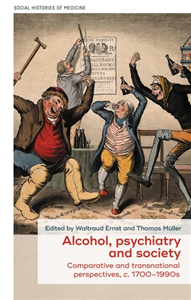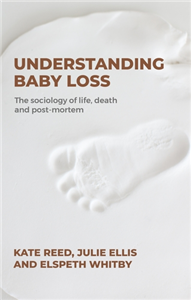Phil the Frog
by Hanna Zeyen
Phil is a cheerful frog who is very happy with his life. He has days, though, when nothing goes right: his mother scolds him for being careless, his teacher is cross because he won’t sit still, and his best friend is angry because he has annoyed her. On days like this, his mother grumbles and says that Phil must have “ants in his pants” again. It seems to Phil that sometimes there is a creature inside him that holds his ears shut and tosses words out of his mouth, making him hyperactive, inattentive, and impulsive. He decides to tell his mother this. To his surprise, she isn’t cross with him, but understands him and gets on the phone to all sorts of people. Eventually she tells him that they will soon be going to see a specialist. The specialist teaches him lots of tricks that he can use to deal with his “creature,” and Phil is relieved. Target Group: Parents and therapists of children between the ages of 7 and 10; children who have been diagnosed with ADHD or are about to be assessed for it, children assessed as being below the threshold for a diagnosis of ADHD but need support in dealing with ADHD symptoms.












